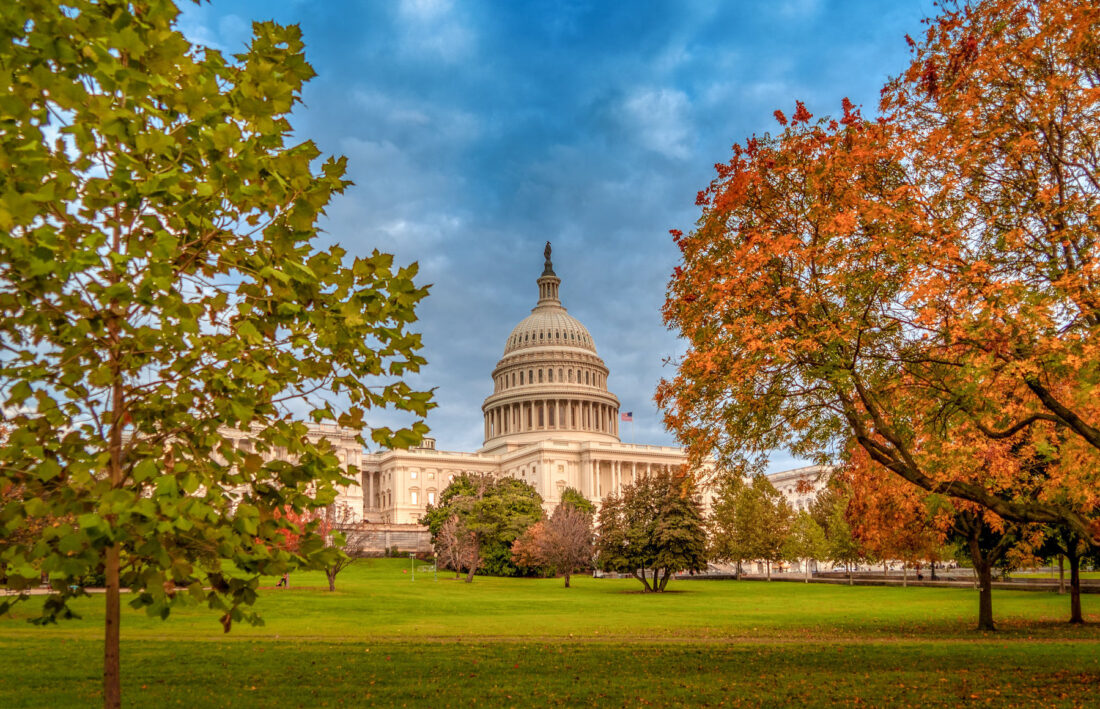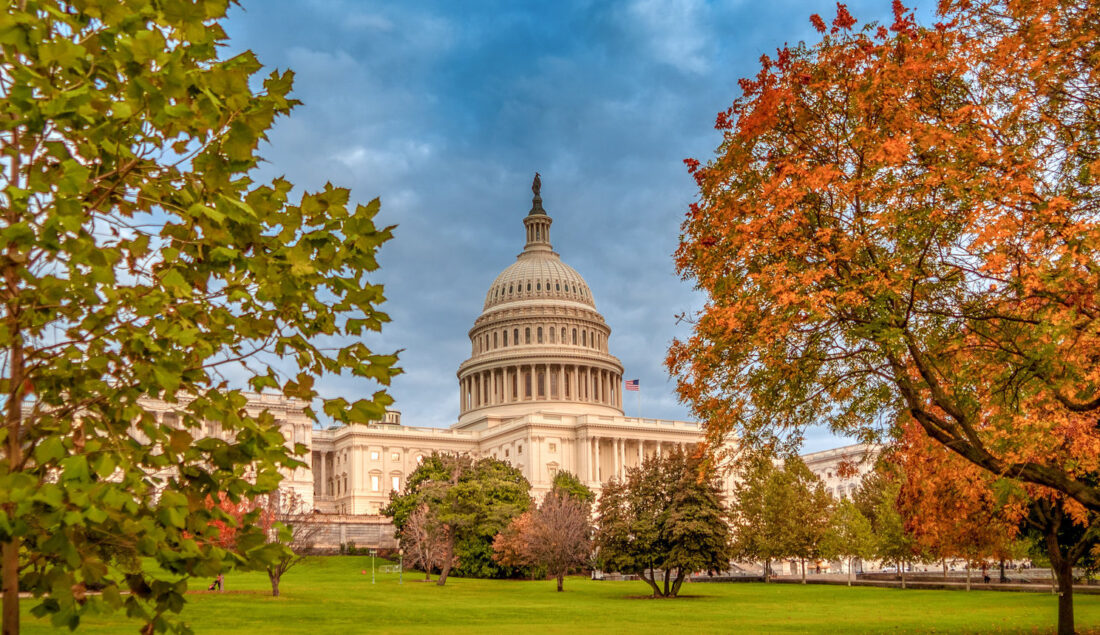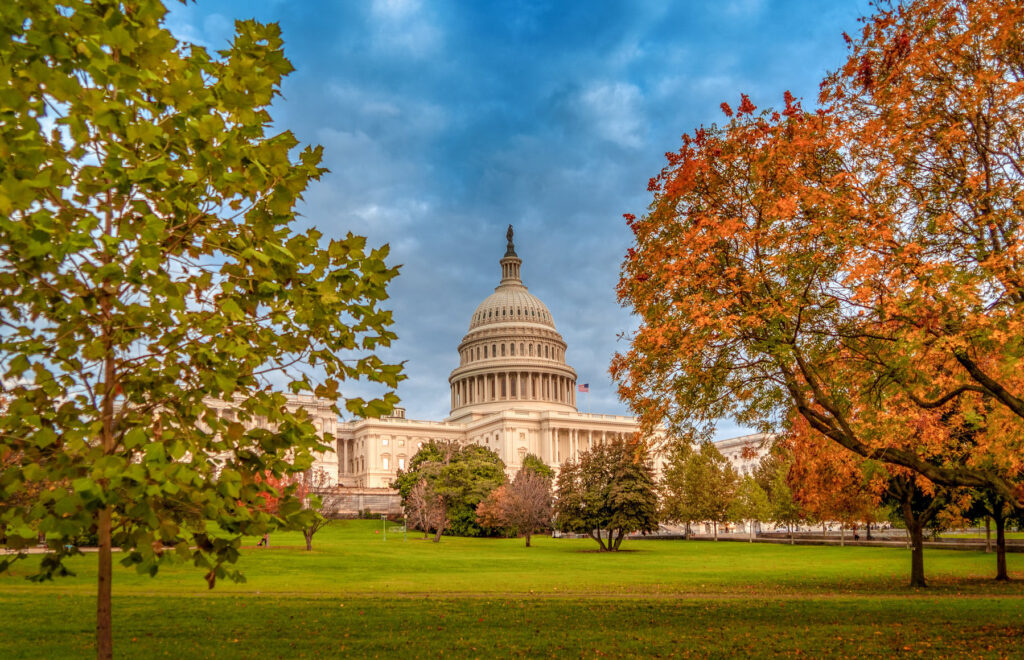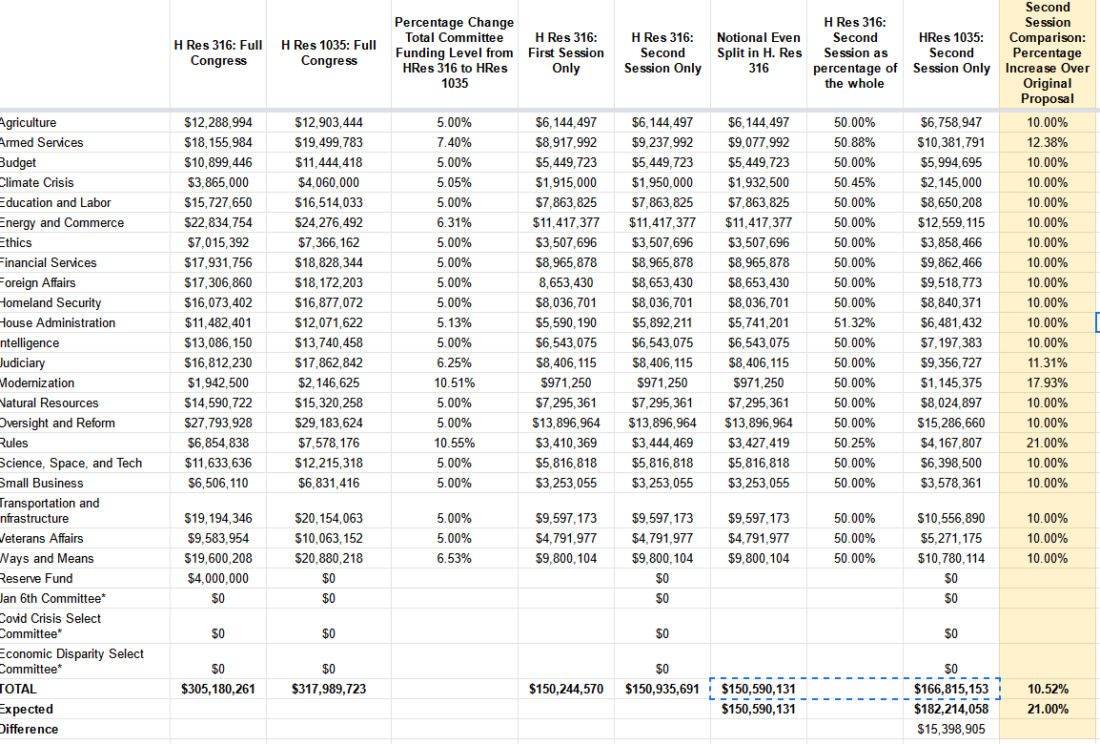Written by Taylor J. Swift
The conservative House Freedom Caucus issued a 52-page guide to new GOP candidates last month on what they’ll face as freshman members, with recommendations for updating the rules for the chamber and for the party, and the conservative Lincoln Network just published their own recommendations for the rules and procedures the House should adopt at the start of the 118th Congress.
The Freedom Caucus’ guide is an excellent outline of what new members will expect and accurately summarizes the chamber’s power dynamics. It contains thoughtful recommendations for rule modernization, which is an opportunity for the incoming majority to control its flow of operations and distribute power. The Lincoln Network’s recommendations highlight a number of reforms to strengthen the people’s chamber. However, one Freedom Caucus proposal, to wipe clean the rules enacted by Democrats over the last four years, is misguided.
The following is a partial list of the House rules and standing orders, enacted over the last four years, that we believe a Republican majority should retain should they gain power. These nonpartisan rules improve the House’s operations and support a more transparent, efficient, ethical, and accountable legislative body. For a summary of the rules adopted over the last four years, see these resources for the 116th and 117th Congresses.
Committee Operations
Member Hearing Days: Each standing committee is required to hold a Member Day Hearing during the first session of Congress to hear testimony from any Member of the House on proposed legislation within its jurisdiction. The House Rules Committee was empowered to hold its Member day in the second session to receive testimony on proposed standing rules changes.
Amendment Availability: The 117th House Rules made amendments adopted by their committees publicly available within 24 hours by requiring all other amendments – which includes failed or withdrawn amendments – to be posted within 48 hours of their disposition or withdrawal. This requirement does not apply to amendments not offered.
Electronic Vote Availability: The 117th House Rules modernized the requirement for committees to make the results of record votes publicly available by removing the requirement that they be made available to the public for in-person inspection in committee offices. Committees will still be required to make the results of record votes publicly available electronically within 48 hours of the vote.
Electronic Filing of Reports and Electronic Signatures: 117th House Rules Subsection (l) authorizes electronic filing of committee reports, which was temporarily allowed by House Resolution 965 of the 116th, and allows electronic signatures to be used for signed views in committee reports and for select forms received by the Committee on Ethics. Reports received electronically will be processed as otherwise provided in rule XIII, and committees filing electronic reports should continue to consult with the Clerk regarding proper format and other administrative requirements.
Truth-In-Testimony Reform: The 117th House Rules amended the disclosure requirements for witnesses appearing in nongovernmental capacities by: (1) adding grants to the reporting requirement for foreign payments; (2) expanding the lookback period for reporting to 36 months; (3) requiring witnesses to disclose whether they are the fiduciary of any organization or entity with an interest in the subject matter of the hearing; and (4) requiring, to the extent practicable, the disclosures be made publicly available 24-hours prior to the witness’s appearance at a hearing. The subsection also updates the text of clause 2(g)(5) of rule XI for clarity. The House is also working to modernize its Truth-in-Testimony documents and to make the information they contain available online in a central database.
Remote Deliberations for Committees: House Committees are allowed to hold hearings and markups where some or all members participate remotely by videoconference. This allows for witnesses from all around the world to testify and for members who are not physically present to participate in the proceedings. This allows for the scheduling of proceedings when the House otherwise would not be in session; expands the times when less popular committees can hold their meetings so that members are more able to attend; and creates significantly more flexibility should an emergency arise.
Continue reading “The 118th House Rules Package Should Retain Fixes From the 116th and 117th Congresses” →




